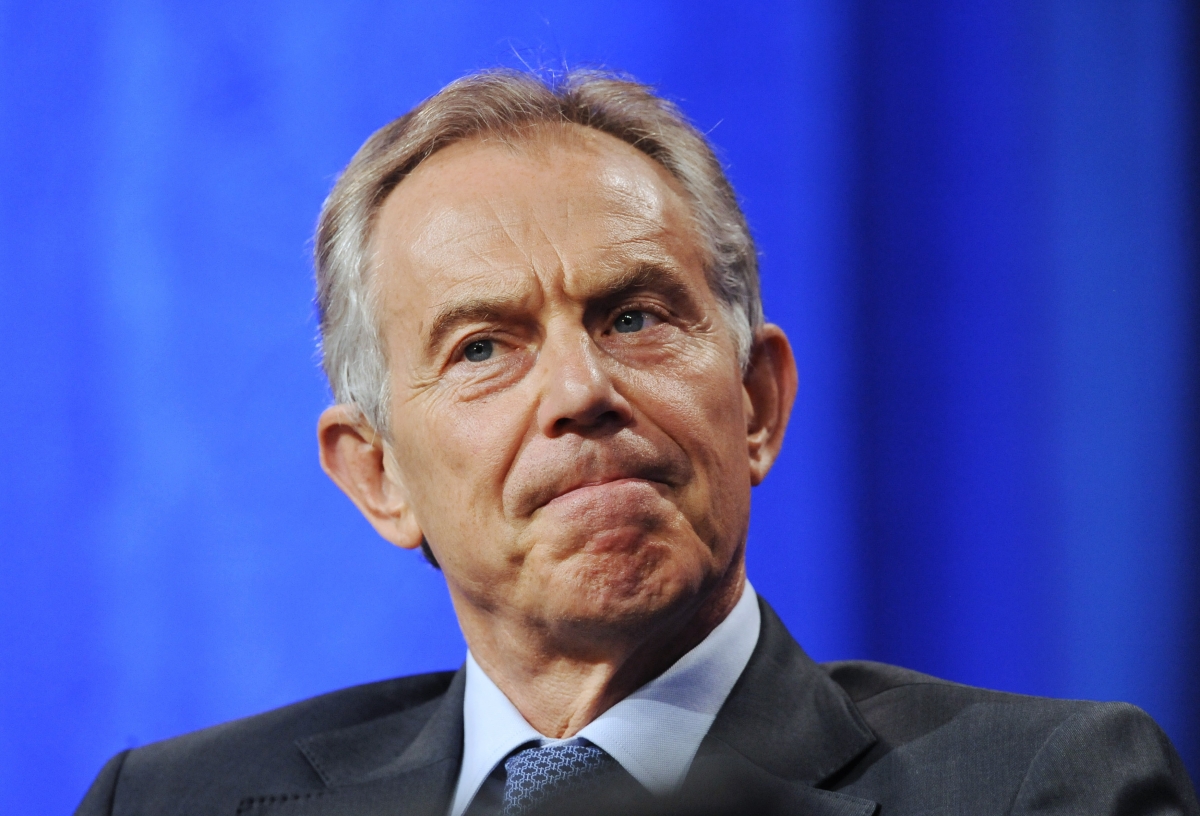A teacher helping a student in a busy, focused classroom. A normal scene in schools up and down the land, barely worth a mention. Then the whole scene becomes tortured into something violently, scarily different, as a boy approaches the teacher from behind, thrusts a knife into her back and then does it again and again, until the teacher collapses in a pool of blood, and later dies. No wonder the appalling murder of Mrs. Maguire in her school classroom has drawn so much attention.
It is an exceptional incident, and the multiple coverage of it sticks to the pathos and tragedy of the story itself, rather than suggesting there are some wider lessons here. But there may be one or two, and both are drawn out by a former pupil of Mrs. Maguire's, novelist Anthony McGowan. In a powerful article for the Daily Telegraph, McGowan both remembers why Mrs. Maguire was such an important teacher for him, and combines it with reflections on the difference that has passed in schools between his time and now, the time in fact that Ann Maguire has been teaching.
The article as a whole is worth reading, as McGowan employs his novelist's eye and personal memory to reach a little further into this tragedy. But a couple of his observations should be noted by educationalists and politicians who fancy themselves as such. The first is his comment - as a novelist who visits many state schools - that schools now (and they are mainly comprehensives of course), whatever their rating on the Ofsted system, are gentler, more welcoming places than he remembers Corpus Christi being. The violence has been giving way to greater tolerance. This is a welcome and positive message, a sign that liberal ideas on the teaching and care of pupils in school are indeed having an impact. Talk about indiscipline and taking on authority if you must, but remember that when corporal punishment reigned in the corridors, so did pupil violence on a wider scale.
McGowan's second observation is that while violence seems generally to have become less, where it happens it has the potential - as on Monday at Corpus - to be utterly lethal. Knives have become too commonplace. And a knife can end a struggle before it's even begun.
I don't know what wider lesson we might draw from that latter observation. McGowan sensibly doesn't seek to do so. But the liberal battle for a stay of violence seems as urgent now as ever, as a new front has opened up over the past decade.
As for Mrs. Maguire, the testaments to her are humbling indeed for anyone to read, but especially teachers. I hope they were being made during her life as well, I really do.
It is an exceptional incident, and the multiple coverage of it sticks to the pathos and tragedy of the story itself, rather than suggesting there are some wider lessons here. But there may be one or two, and both are drawn out by a former pupil of Mrs. Maguire's, novelist Anthony McGowan. In a powerful article for the Daily Telegraph, McGowan both remembers why Mrs. Maguire was such an important teacher for him, and combines it with reflections on the difference that has passed in schools between his time and now, the time in fact that Ann Maguire has been teaching.
The article as a whole is worth reading, as McGowan employs his novelist's eye and personal memory to reach a little further into this tragedy. But a couple of his observations should be noted by educationalists and politicians who fancy themselves as such. The first is his comment - as a novelist who visits many state schools - that schools now (and they are mainly comprehensives of course), whatever their rating on the Ofsted system, are gentler, more welcoming places than he remembers Corpus Christi being. The violence has been giving way to greater tolerance. This is a welcome and positive message, a sign that liberal ideas on the teaching and care of pupils in school are indeed having an impact. Talk about indiscipline and taking on authority if you must, but remember that when corporal punishment reigned in the corridors, so did pupil violence on a wider scale.
McGowan's second observation is that while violence seems generally to have become less, where it happens it has the potential - as on Monday at Corpus - to be utterly lethal. Knives have become too commonplace. And a knife can end a struggle before it's even begun.
I don't know what wider lesson we might draw from that latter observation. McGowan sensibly doesn't seek to do so. But the liberal battle for a stay of violence seems as urgent now as ever, as a new front has opened up over the past decade.
As for Mrs. Maguire, the testaments to her are humbling indeed for anyone to read, but especially teachers. I hope they were being made during her life as well, I really do.




